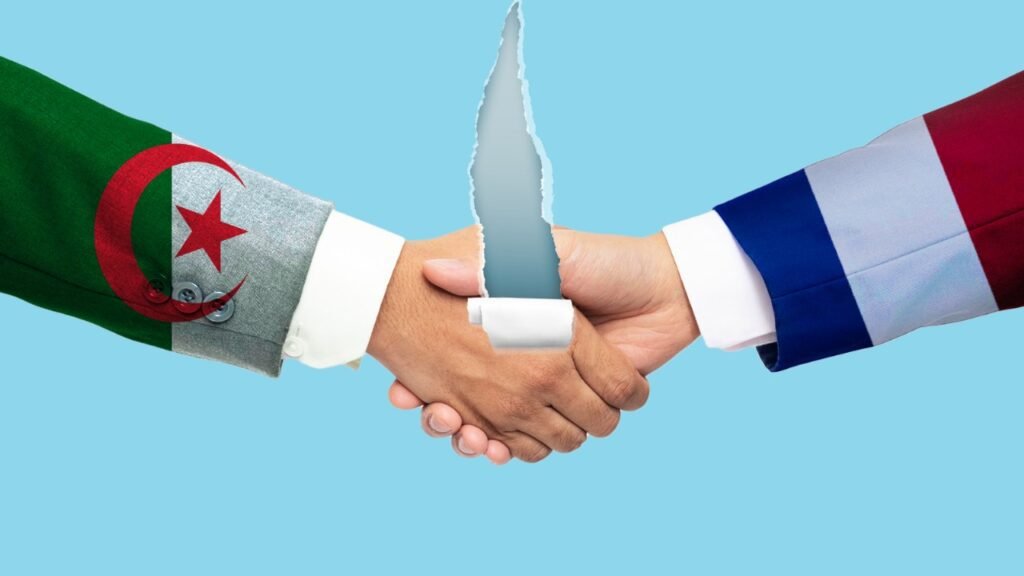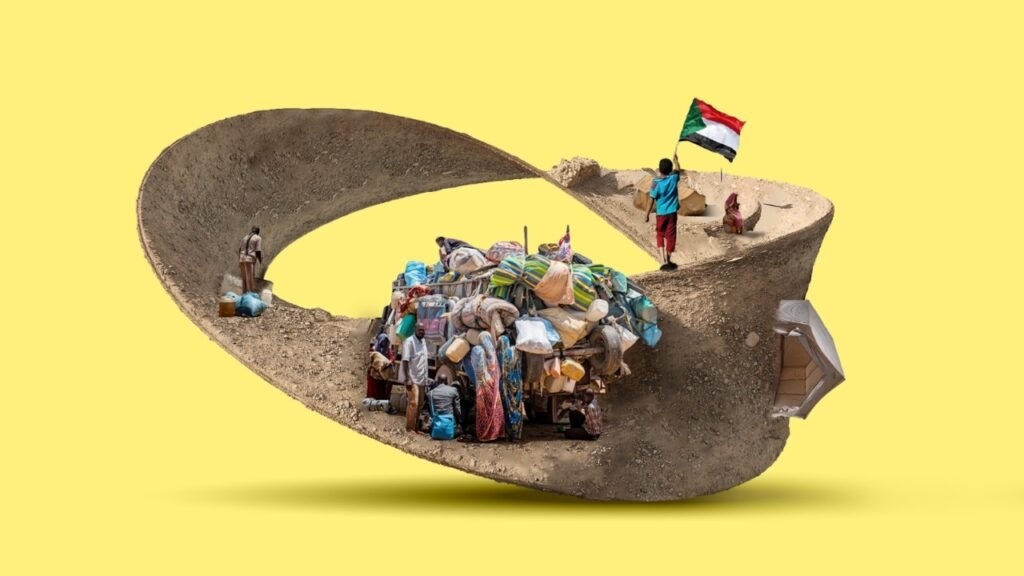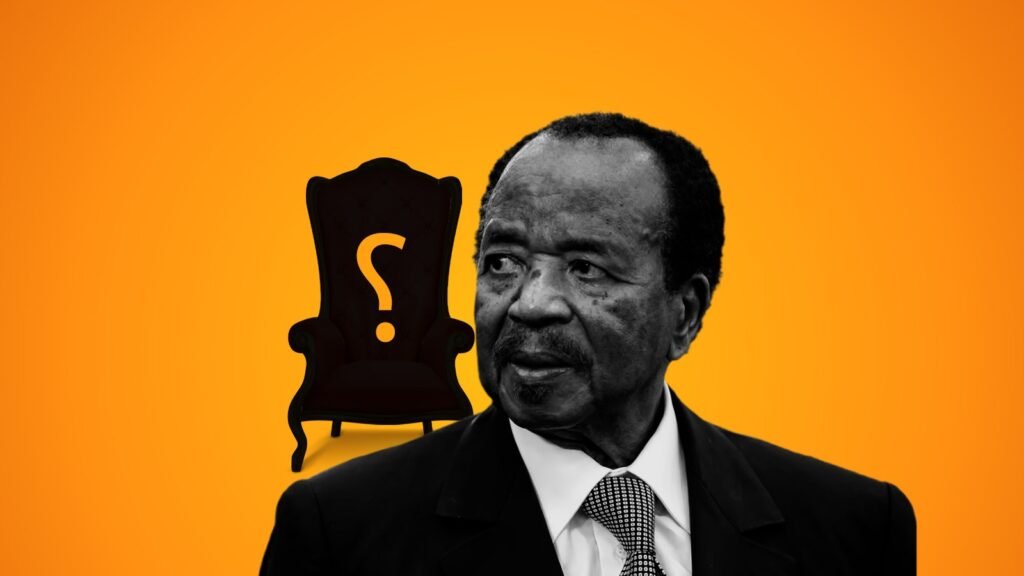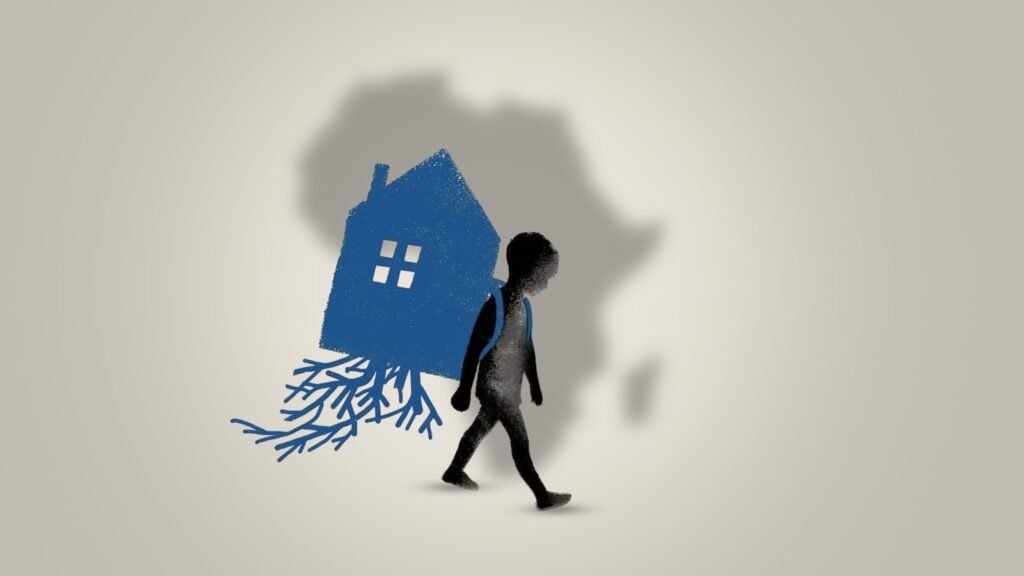Kenya has once again thrust itself into the heart of regional diplomacy, dispatching former Prime Minister Raila Odinga to South Sudan in a bid to de-escalate tensions between President Salva Kiir and his long-time rival, First Vice President Riek Machar. The move underscores Nairobi’s growing concern over the fragile peace agreement in its northern neighbor and its determination to prevent a fresh outbreak of violence that could destabilize the region.
The urgency of the mission cannot be overstated. South Sudan, the world’s youngest nation, has been teetering on the brink of renewed conflict as relations between Kiir and Machar continue to deteriorate. Their uneasy partnership, formed under the 2018 peace deal, has been marred by political infighting, accusations of power hoarding, and persistent clashes between their respective forces. Recent reports indicate that Kiir has been sidelining Machar in key government decisions, sparking fears that the peace agreement could unravel entirely.
Odinga’s diplomatic credentials make him a natural choice for the role of mediator. He is no stranger to high-stakes negotiations, having previously served as the African Union’s High Representative for Infrastructure Development. More importantly, he enjoys a level of respect from both sides in South Sudan, having played a behind-the-scenes role in past mediation efforts. Kenya, which has historically maintained strong economic and political ties with South Sudan, sees his intervention as a necessary step to prevent an all-out crisis.
The stakes are high, not just for South Sudan but for the entire region. A return to full-scale conflict would send shockwaves through East Africa, triggering a humanitarian disaster that would likely spill over into Kenya, Uganda, and Ethiopia. Nairobi, already hosting tens of thousands of South Sudanese refugees, is keen to avoid another wave of displacement that would stretch its resources further. Additionally, Kenya has significant business interests in South Sudan, from banking to infrastructure projects, which could be jeopardized by escalating instability.
The international community is watching closely. The United Nations and the African Union have both expressed support for Kenya’s efforts, urging all parties in South Sudan to engage in dialogue. However, skepticism remains over whether diplomatic efforts alone can salvage the situation. Previous peace agreements have repeatedly faltered, largely due to a lack of trust between Kiir and Machar, as well as interference from external actors with competing interests in South Sudan’s vast oil reserves.
Odinga’s immediate challenge will be to bring both leaders to the negotiating table and convince them to make meaningful concessions. This will require delicate diplomacy, as neither Kiir nor Machar has shown much willingness to compromise in the past. Odinga is expected to push for a more inclusive political process, one that addresses grievances from opposition groups and ensures fair power-sharing. He may also advocate for a more robust security framework to prevent further clashes between government and opposition forces.
Kenya’s diplomatic gamble is not without risks. If Odinga’s mediation efforts fail, it could damage Nairobi’s credibility as a regional peace broker. Worse still, a failed intervention could leave Kenya more vulnerable to the economic and security repercussions of South Sudan’s collapse. However, success would reinforce Kenya’s status as a key player in African diplomacy and demonstrate its ability to lead in conflict resolution beyond its borders.
For now, the fate of South Sudan hangs in the balance, and all eyes are on Raila Odinga. His ability to navigate the treacherous political landscape of Juba could determine whether South Sudan takes a step towards stability or plunges back into chaos. Either way, Kenya has made its move—now it’s a matter of whether the warring factions in South Sudan are willing to meet it halfway.




